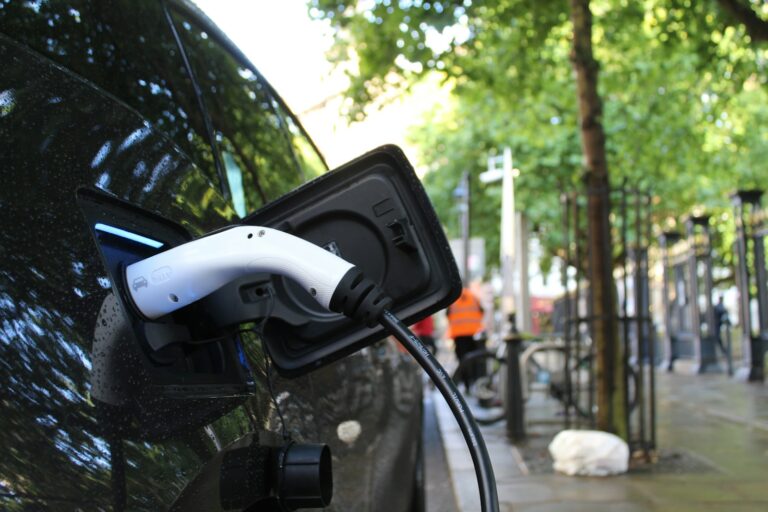
TORONTO, May 13, 2025 — Honda’s decision to delay a $15 billion electric vehicle supply chain investment in Ontario has amplified anxieties in Canada’s automotive sector, as U.S. President Donald Trump’s aggressive trade measures continue to disrupt cross-border manufacturing.
The delay, which pushes Honda’s EV plans back by roughly two years, is the latest setback for Canadian autoworkers. The original project, unveiled in April 2024, was expected to bring four new facilities to Alliston, including an electric vehicle assembly plant and battery production sites, with a projected output of up to 240,000 EVs annually.
“Trump’s rollback of EV policies and his punishing tariffs on Canadian-made vehicles are killing jobs week after week and threatening the future of our industry,” said Unifor National President Lana Payne. “This isn’t about fair trade — it’s economic sabotage. The U.S. policy shifts are designed to bleed Canadian operations and push production south of the border. Workers, families, and entire communities are paying the price.”
Although Honda recently dismissed reports suggesting it would relocate current Alliston production to the U.S. in response to the Trump tariffs, the investment pause signals growing uncertainty about the future of Canadian EV manufacturing.
Unifor, which does not represent workers at the Alliston plant directly, represents many employees within Honda’s supply chain and views the project delay as a significant threat. It’s the latest in a series of blows to Canada’s auto industry. In April, General Motors suspended production of its BrightDrop electric van in Ingersoll and later announced a shift reduction at its Oshawa facility — both decisions tied to the Trump administration’s tariff on Canadian-assembled vehicles.
On April 3, the U.S. government implemented a 25% tariff on Canadian-built vehicles. In response, Canada introduced retaliatory tariffs of its own. However, the U.S. avoided targeting Canadian-made auto parts — a move widely interpreted as a way to shield American manufacturing while nudging final assembly out of Canada.
“These policies are designed to intimidate companies into abandoning Canada,” said Payne. “But Canada is still an important market for vehicle sales outside the U.S. If automakers want to keep selling to Canadian drivers, they need to keep investing in Canadian plants.”
Unifor is pressing the federal government to take stronger action to defend Canadian auto jobs. The union is calling for increased public investment, robust job protections, and a comprehensive strategy to navigate the EV transition amidst intensifying U.S. protectionism and global market pressures, particularly from China. The union also wants Ottawa to reconsider tariff-free access for any automaker that withdraws or shifts promised investment south of the border.
Unifor represents 320,000 workers across Canada’s private sector, advocating for worker rights, equality, and progressive change both domestically and abroad.
Trump Tariffs in Other Industry
The Trump tariffs are not only affecting the vehicle industry, though. In an oval office meeting between the President and PM Mark Carney, the tariffs were talked about at length, especially regarding how they’ve affected steel and aluminum exports.
While Carney and Trump have reached some agreement about ending all tariffs (including retaliatory ones) in certain industries, key trade protections still remain, affecting some of Canada’s most important sectors.
















